Munich International
Patent Law Conference
2019
Finding Facts in Patent Infringement Cases: Discovery, Description, Seizure, Inspection
28 June 2019
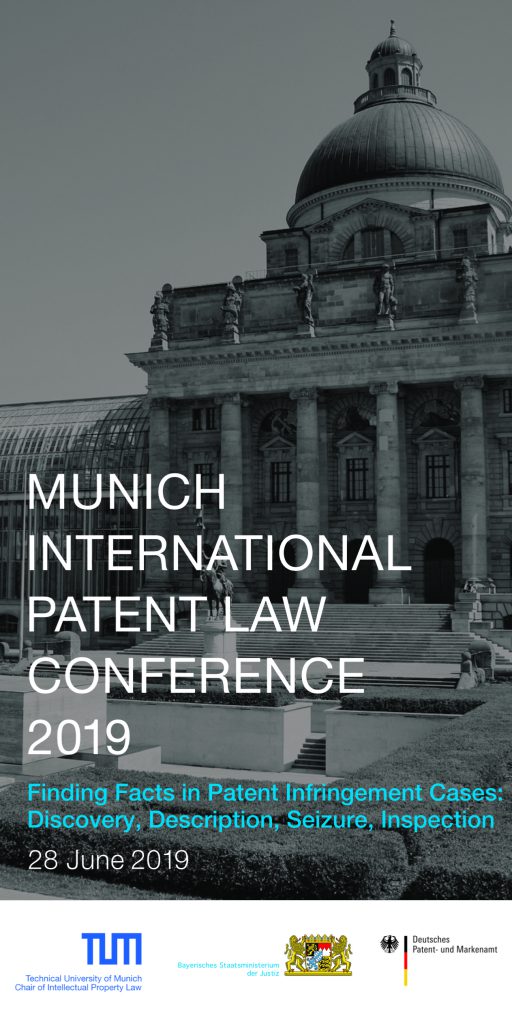
Munich International Patent Law Conference 2019 topic outline:
Finding Facts in Patent Infringement Cases: Discovery, Description, Seizure, Inspection
Just like in most other civil trials, bringing suit for patent infringement requires the plaintiff to bear and meet the burden of pleading and proof. As a general principle, this rule applies in most jurisdictions. However, differences occur, when it comes to what a patent infringement plaintiff actually needs to plead and when the burden of proof may be modified. We covered this topic in our Munich International Patent Law Conference 2014.
When it comes to the gathering of evidence, there is a considerable variation in the laws of the jurisdictions that house the world’s major patent infringement fora. Traditionally, German procedural law has not been generous in providing means to gather evidence for what a patent holder suspects to be a patent infringement. Its inspection order, that a couple of years ago was reinforced, can be of help, when a prospective plaintiff is able to show that there is a substantial likelihood for patent infringement having occurred. In other cases, however, the German law of civil procedure does not provide any effective means for obtaining evidence. It thus can prevent a patent holder from being able to effectively enforce his patent.
In the Munich Patent Law Conference 2019, we want to learn how the world’s other leading jurisdictions are addressing the problem of finding facts in patent infringement cases. Apart from Germany, the jurisdictions covered will once again be the United Kingdom, the United States of America, Japan, and – as in the the Munich International Patent Law Conference 2013 – the Netherlands.
At our Munich International Patent Law Conference 2019, we not only want to find out, whether and how these jurisdictions compare when it comes to instruments like discovery, description, seizure, and inspection and what results their use yields in patent infringement cases. We also want to find out, if and how intelligence obtained abroad, can be used for infringement cases pending in other jurisdictions: e. g. by directly introducing this evidence, or by allowing the plaintiff to plead facts that the defendant will not be able to contest in view of his procedural duty of candor. There, an interesting question will be, which degree of substantiation plaintiffs are required to meet.
Speakers
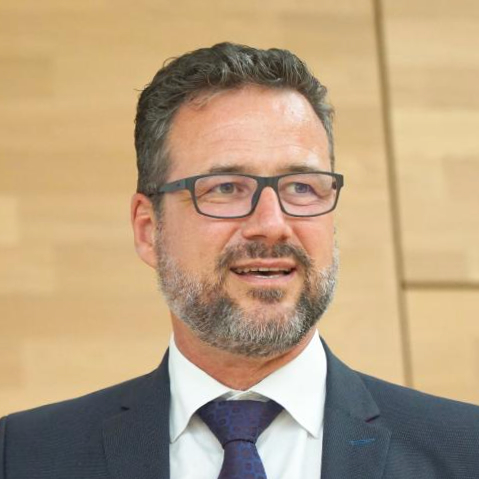
Christoph Ann
TUM Professor of Law
Technical University of Munich, Germany
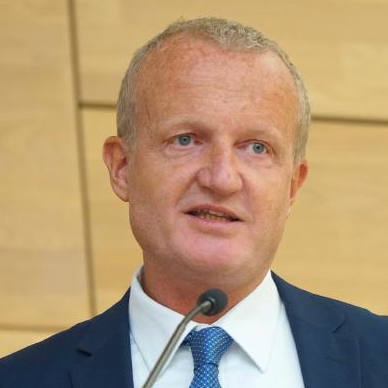
Edger F. Brinkman
Senior Judge
Court of The Hague, The Netherlands
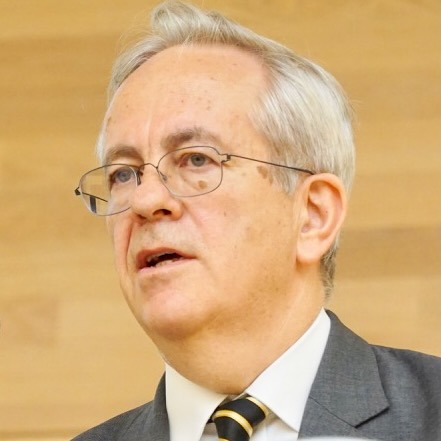
The Rt Hon Sir Christopher Floyd
Lord Justice of Appeal
Court of Appeal of England and Wales, United Kingdom
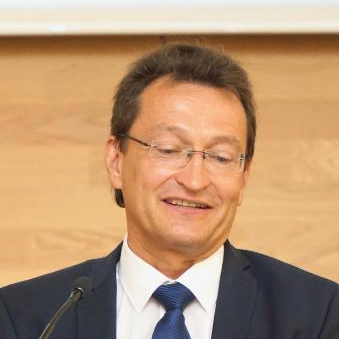
Peter Gunz
Former Presiding Judge
Regional Court Munich I, Germany
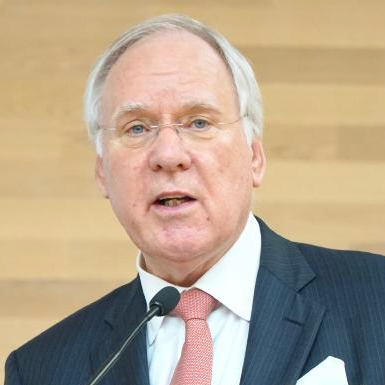
H. Michael Hartmann
Attorney at Law
Leydig, Voit & Mayer, USA
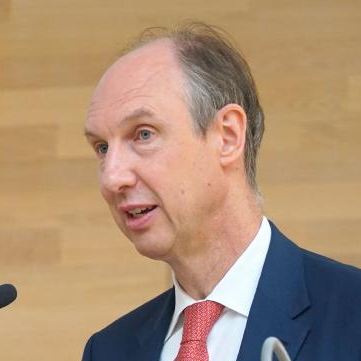
Johannes Heselberger
Attorney at Law, European Patent Attorney
Bardehle Pagenberg, Germany
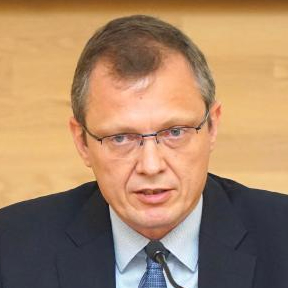
Anton Horn
Attorney at Law
Heuking, Kühn, Lüer, Wojtek, Germany
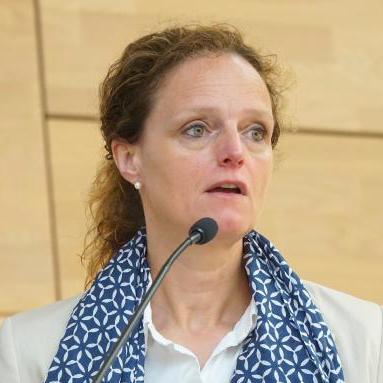
Sabine Klepsch
Presiding Judge
Düsseldorf Regional Court, Germany
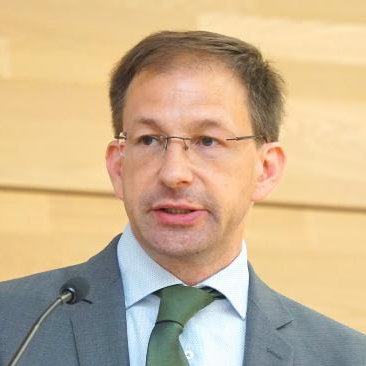
Tobias Pichlmaier
Presiding Judge
Regional Court Munich I, Germany
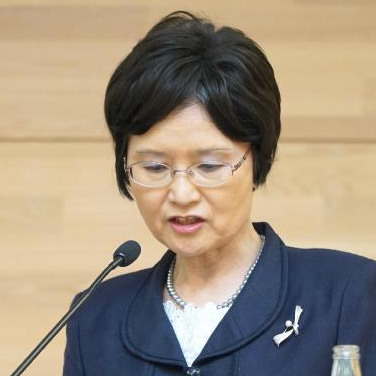
Makiko Takabe
Chief Judge
Intellectual Property High Court, Tokyo, Japan
Gallery
Contact
- events@munichinternationalpatentlaw.de
- +49 -89 - 289 28662
MPLC
Munich International Patent Law Conference